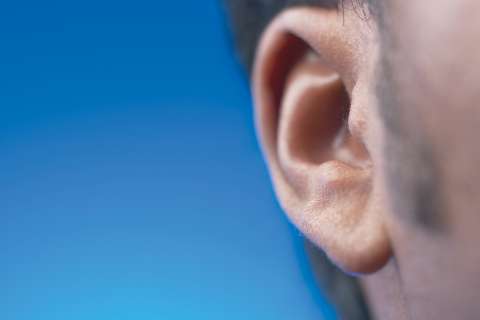Dear Doctors: I was diagnosed with depression in grad school, and I’ve been dealing with it ever since. I take medication and see a therapist. It helps, but I still struggle. I read about a new study that says depression has to do with your gut and with what you eat. I’d like to know more about that.
Dear Reader: A large body of research links the composition of the human gut microbiome to mood and mental health. This interaction between the trillions of microbes that live in our gut and a certain part of the nervous system has come to be known as the gut-brain axis. And because the gut microbiome is shaped and influenced by what we eat, the takeaway is that diet can play a role in mental health.
Considering the toll that depression takes, it’s an important area of research. The data show that 21 million adults in the United States have had at least one major depressive episode. At the same time, depression is not well understood. That includes both the underlying causes of depression and the most effective ways to treat it.
The results of research published last December in the journal Nature Communications advance the idea that the gut microbiome and diet play a role in depression. The study found a link between the presence or the absence of certain types of bacteria in the gut and the presence or absence of symptoms of depression.
The researchers used data gathered from two different population-based studies conducted in the Netherlands. These types of studies use medical information gathered from thousands of volunteers to gain understanding into issues of physical and mental health. In the new study into the gut and depression, the researchers examined data from 2,539 adults, each of whom had provided fecal samples. The study participants had also answered a 20-question survey that focused on mental health.
When the researchers broke down the data, they found consistent connections between certain populations of bacteria in the guts of the study participants and their answers on the mental health questionnaires. The analysis singled out a handful of specific microbes that appear to play a role in the onset of depressive symptoms. For some types of bacteria, an overabundance was linked to depression. This included the overgrowth of a bacterium known as Eggerthella, which previous studies have also found to be associated with depression. For other bacteria, a depleted population correlated to the presence of depressive symptoms. This included Subdoligranulum, a bacterium identified in previous gut-depression studies.
These results add weight to the theory that the gut-brain axis plays a crucial role in mental health. And because diet has a direct bearing on the health and diversity of our gut microbiomes, what we eat matters. Gut microbes feed on the fiber in our diets, so getting plenty of vegetables, leafy greens, fruit, nuts, grains and legumes is important. So are healthful fats. Research has shown that a diet rich in omega-3 fatty acids supports populations of Subdoligranulum. Bottom line -- a balanced diet supports not only physical health, but also mental health.
Help Shape the Future of Mental Health by Joining the UCLA Mental Health Research Registry
(Send your questions to [email protected], or write: Ask the Doctors, c/o UCLA Health Sciences Media Relations, 10960 Wilshire Blvd., Suite 1955, Los Angeles, CA, 90024. Owing to the volume of mail, personal replies cannot be provided.)





